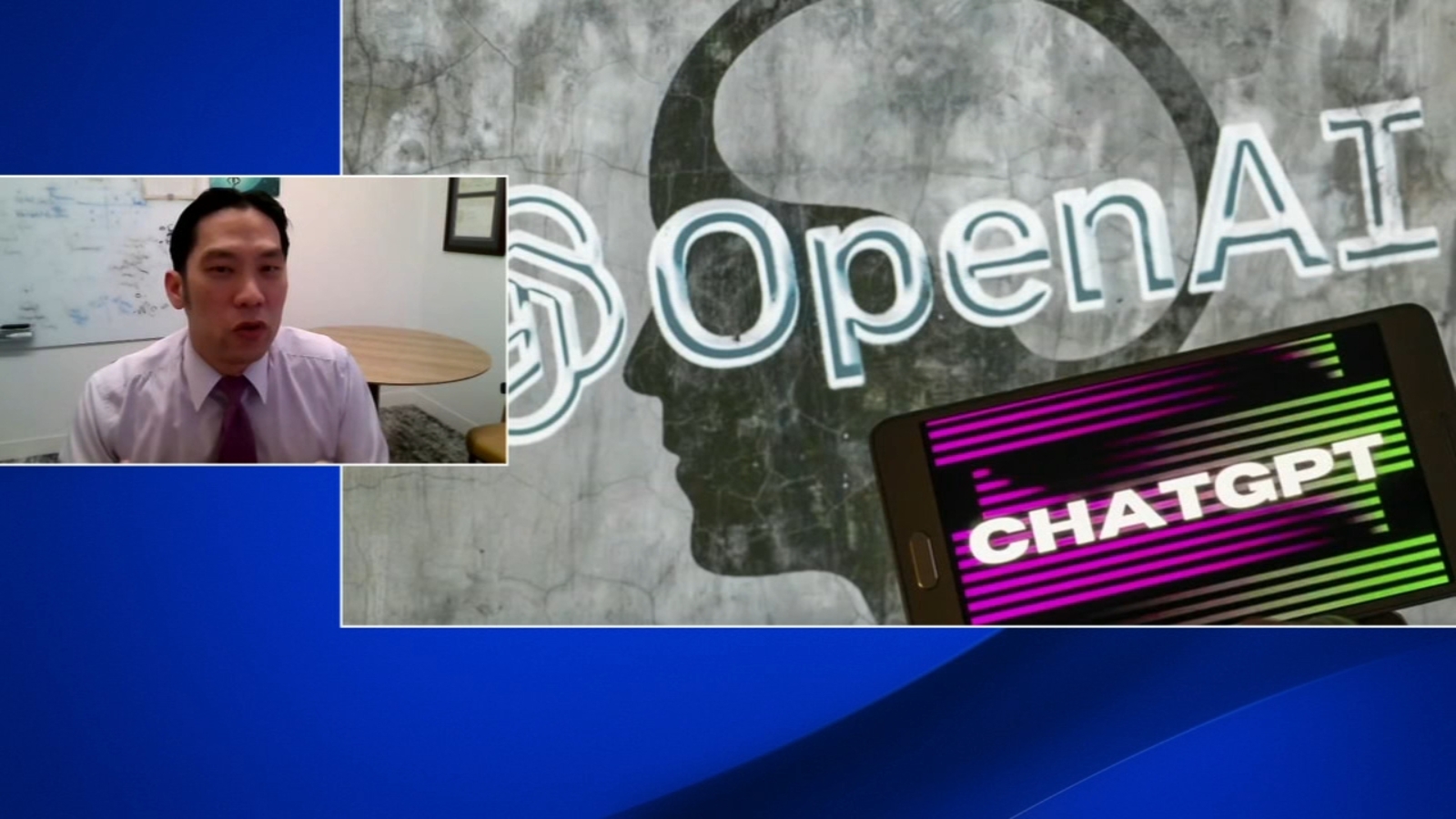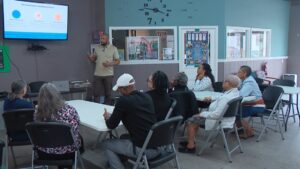New Stanford Study Reveals Artificial Intelligence Chatbots Surpass Human Doctors: An Overview of the Findings

The Role of AI in Medical Diagnosis and Decision-Making
Introduction to AI in Healthcare
Artificial intelligence (AI) is playing an increasingly pivotal role in various sectors, including healthcare. The ability of AI systems, like ChatGPT, to enhance tasks traditionally performed by humans has sparked a debate regarding their reliability. This discourse is particularly pronounced when discussing the potential of AI in making critical decisions in medical contexts, such as diagnosing illnesses and navigating ethical dilemmas.
Recent Studies Highlight AI’s Potential
Recent studies conducted by Stanford University, under the guidance of Dr. Jonathan H. Chen, have shed light on AI’s efficacy in healthcare-related tasks. These investigations particularly focused on AI’s capabilities in diagnosing medical conditions and tackling complex clinical decisions. According to Dr. Chen, the findings of these studies suggest that AI can be a formidable asset in medical settings.
Key Findings:
- AI systems demonstrated superior performance in diagnosing illnesses and assessing tough scenarios when compared to human doctors.
- In the first experiment aimed at evaluating diagnostic skills, AI outperformed doctors who did not have access to AI tools. Results indicated that AI achieved a remarkable accuracy score of 90%, while doctors scored 74% without AI support, and 76% while assisted by AI.
Details of the Experiments
First Experiment: Diagnostic Power
The first study focused on how well doctors could diagnose patients with and without AI assistance. Here are the key points:
- Doctors using ChatGPT scored better than those who did not, yet the AI model alone achieved the highest accuracy.
- These results emphasize AI’s potential as a reliable diagnostic tool in clinical settings.
Second Experiment: Complex Decision-Making
The second study examined decision-making capabilities in challenging clinical scenarios. Researchers set up three groups for the experiment:
- Standalone AI chatbots
- 46 doctors supported by AI
- 46 additional doctors using traditional methods like internet-based searches and medical references
Each group reviewed five case studies and was tasked with providing rational responses about their choices. The AI systems yet again outperformed traditional methods, showcasing their ability to assist in making informed medical decisions.
Implications of AI in Medicine
So, what does this mean for the future of healthcare? Dr. Chen acknowledges the significant advantages that AI brings to medical practices. However, he emphasizes that AI should serve as a complement to human expertise, rather than a replacement. It is crucial for patients and practitioners to understand this distinction.
Cautions and Considerations
Dr. Chen raises several important points regarding the integration of AI into healthcare:
- Many doctors participating in the studies were unfamiliar with AI technology, highlighting a gap in medical education.
- As AI tools evolve, there is an urgent need for continuous training and education for healthcare professionals on harnessing these technologies effectively.
The Future of AI in Healthcare
The integration of AI within medical practice presents opportunities for refining how doctors diagnose and treat patients. While collaboration between AI and healthcare providers can potentially enhance patient care, it also raises questions about the future role of human doctors. As we navigate this rapidly evolving landscape, the emphasis should remain on using AI as a supportive mechanism that enhances human decision-making abilities.
Final Thoughts
The findings from Stanford University’s studies indicate significant promise for AI in healthcare, particularly in diagnostics and complex decision-making. However, while AI can significantly contribute to patient care, it remains essential to ensure that human expertise is not sidelined in the process of integrating these technologies into medical practice. This balanced approach will foster a more effective healthcare system, leveraging the strengths of both AI and healthcare professionals.






